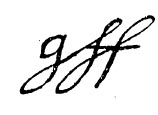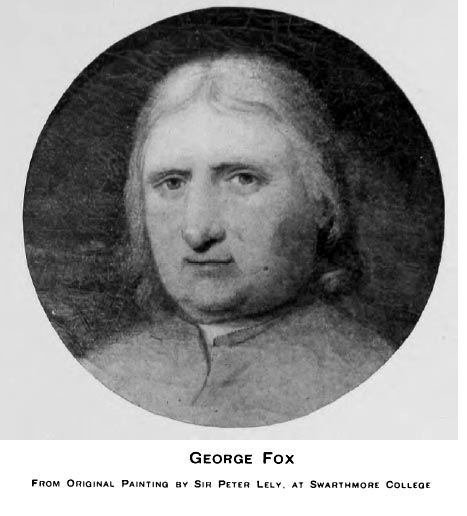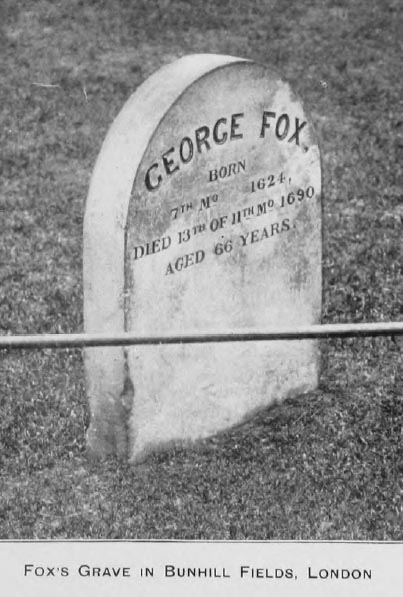|
Immigration of the Irish Quakers
into Pennsylvania
1682 - 1750
With Their Early History in Ireland
by
Albert Cook Myers, M. L.
Member of the Historical Society of Pennsylvania
"There is not one of the family but what likes the country very well
and wod. If we were in Ireland again come here Directly
it being the best country for working folk & tradesmen of any in the
world, but for Drunkards and Idlers, they cannot live well any
where." - Letter of an
Irish Quaker, 1725
The Author
Swarthmore, Pennsylvania
1902
CHAPTER I.
THE RISE OF QUAKERISM IN ENGLAND
Page 3
|
THE period of the Civil War and Commonwealth in England was one of
controversy and upheaval. The introduction of the Bible
into every cottage of the land had set the people to thinking,
and they gave themselves up to the consideration of questions of
civil and religious liberty and to the solution of the great
problems of life and death. Puritanism became a mighty
power, and in the middle of the seventeenth century it arose in
all its strength and freed the nation from the yoke of
Episcopacy and from the tyranny of Charles I. Under
the Commonwealth and Cromwell toleration existed in some
measure, and their was greater opportunity than formerly for the
development of such sects as that of the Society of Friends or
so-called Quakers.
|
State of England in the Middle of the Seventeenth Century. |
|
 The history of the early years of the Society of Friends is the
history of its great leader and founder. George Fox
(1624-1691) was born at Drayton-in-the-Clay, now known as Fenny
Drayton, Leicestershire, England, in 1624. He says, "My
father's name was Christopher Fox;
The history of the early years of the Society of Friends is the
history of its great leader and founder. George Fox
(1624-1691) was born at Drayton-in-the-Clay, now known as Fenny
Drayton, Leicestershire, England, in 1624. He says, "My
father's name was Christopher Fox; |
Beginnings of Quakerism. |
[Pg. 4]
|
George Fox |
he was by profession a weaver, an honest man.
. . . The neighbors called him Rightous Christer. My
mother was an honest woman; her maiden name was Mary Lago,
of the family of the Lagos and of the stock of the martyrs."
1 At an early age Fox had a "gravity and
stayedness of mind not usual in children,"1 and
as he grew up, under good home influences, he came to know
"pureness and righteousness";1 so truthful adn so determined was
he the that it was a saying among his associates, "If George
says 'Verily' there's no altering him."2
In 1643, as a youth of nineteen, "graceful . . . in
countenance,"3 and with a bright piercing eye he left his home,
and spent the next five years wandering from sect to sect,
weighing and considering the religious opinions which obtained
in that seething and fervid time; but with all his seeking he
seemed unable to find anything that appealed to his spiritual
condition. Finally, after much conflict of spirit, he
became convinced that the true source of religious comfort and
consolation is the "Inner Light," the voice of Good speaking
directly to each human soul without the aid of any earthly
mediator. With this idea as the basis of his religious
system, George Fox developed those doctrines and |
1. Journal, I.
2. Ibid., 2.
3. Thomas Ellwood's testimony in Fox's
Journal |
[Pg. 5]


practices peculiar to the Society of Friends and felt himself
divinely called to proclaim this message to the world.
|
|
|
In 1647 and 1648, amid the conflicting
ideas of the time, he began to preach, and went forth with all
the ardor of a youthful knight of the Crusades, sans peur et
sans veproche, spreading his new doctrine of the "Divine
Light" through the towns and shires of England. He
appealed to judges and justices to give righteous judgments, and
to inn-keepers to be moderate in the sale of drink. He
petitioned Parliament against allowing more inns than were
needful for travelers. He raised his voice against wakes,
feasts, sports, and plays. He went to fairs and markets
urging men to deal justly and to speak the truth. He went
into the "steeple houses" and openly testified against a
"hireling ministry" and formalism of worship, the churches in
which he spoke being usually those belonging to the Independants,
who allowed discussion after the sermon. For these and
other peculiar testimonies, so foreign to the ideas of the time,
he was subjected to the most severe and cruel persecution; but
not even years of confinement in dark and loathsome dungeons
could restrain his dauntless spirit.
The first years of his ministry were spent chiefly and
the midland counties, where he found but few assistants in his
missionary work, but when he |
His Work and Followers |
[Pg. 6]
|
|
reached the northern counties many were convinced, and by 1654 he
had organized a band of sixty traveling ministers, who had
caught his spirit and who had began to preach his doctrines.
This zealous missionary band of young spirits - Yeomen,
tradesmen, gentlemen - went up and down the land carrying the
message of Quakerism with such power and courage that thousands
flocked to their standard, and by the end of the century, 60,000
Quakers were numbered in England.1 |
-------------------------
1. Brown in
Traill's Social England, IV., 258-9 |
< CLICK
HERE to RETURN to TABLE of CONTENTS > |